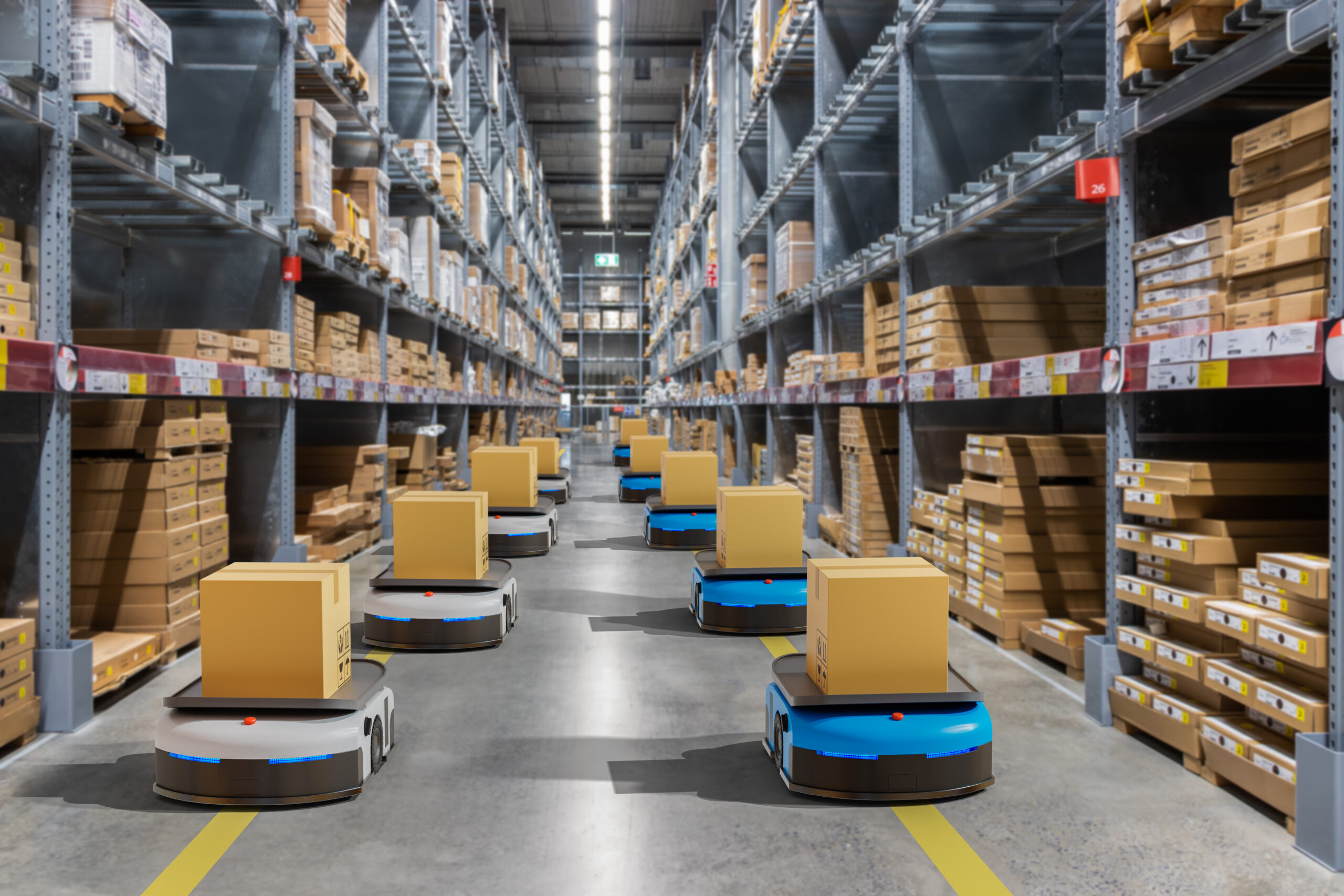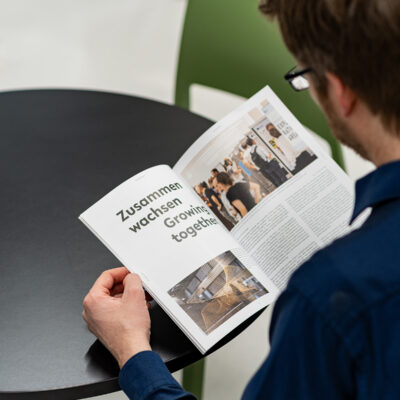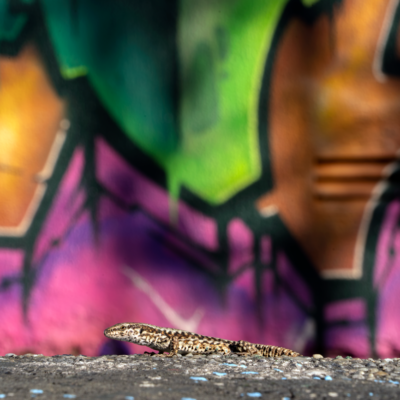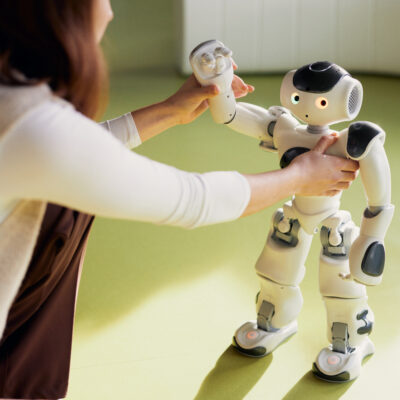In the SAIL research network, scientists are investigating how to make AI systems work safely and sustainably over their entire life cycle. An interview with the network’s coordinator, Professor Dr Barbara Hammer from the Faculty of Technology.
Ms Hammer, why are artificial intelligence (AI) systems often unsustainable?
Up to now, when carrying out research and development on AI systems, the focus has been on technical issues in the introductory phase. Smart socio-technical systems are, for example, medical assistance systems that give people support or smart data glasses that make work easier in industrial production. However, less attention has been paid to how such systems interact with people over time and what may be their long-term social, technological, or ecological effects. But it is precisely the needs of people and of society that often come to light only when the systems are already on the market. Let’s take assistance systems in the health sector: smart speech recognition, for example, works less well for people with Alzheimer’s disease. Then, it is often the case that a smart care bed that can be operated via voice commands will not respond to these people. In other cases, assistance systems may well work technically, but their current design is not well accepted by patients—for example, when robots provide support in the care sector.
How can SAIL help to improve AI systems?
In the SAIL network, we are trying to lay the foundations for designing more sustainable AI systems. We are looking at this in two applied fields: healthcare and industrial workplaces. In these fields, sustainability means, on the one hand, that AI systems remain functional over their entire life cycle and are oriented towards the needs of society. This is also related to co-construction: smart systems in healthcare or industrial production must be able to interact meaningfully with people—for example, with patients, carers, factory workers, or planners. On the other hand, sustainability means designing AI systems in ways that conserve resources. We are investigating how AI systems can work without huge amounts of data and as energy-efficiently as possible.
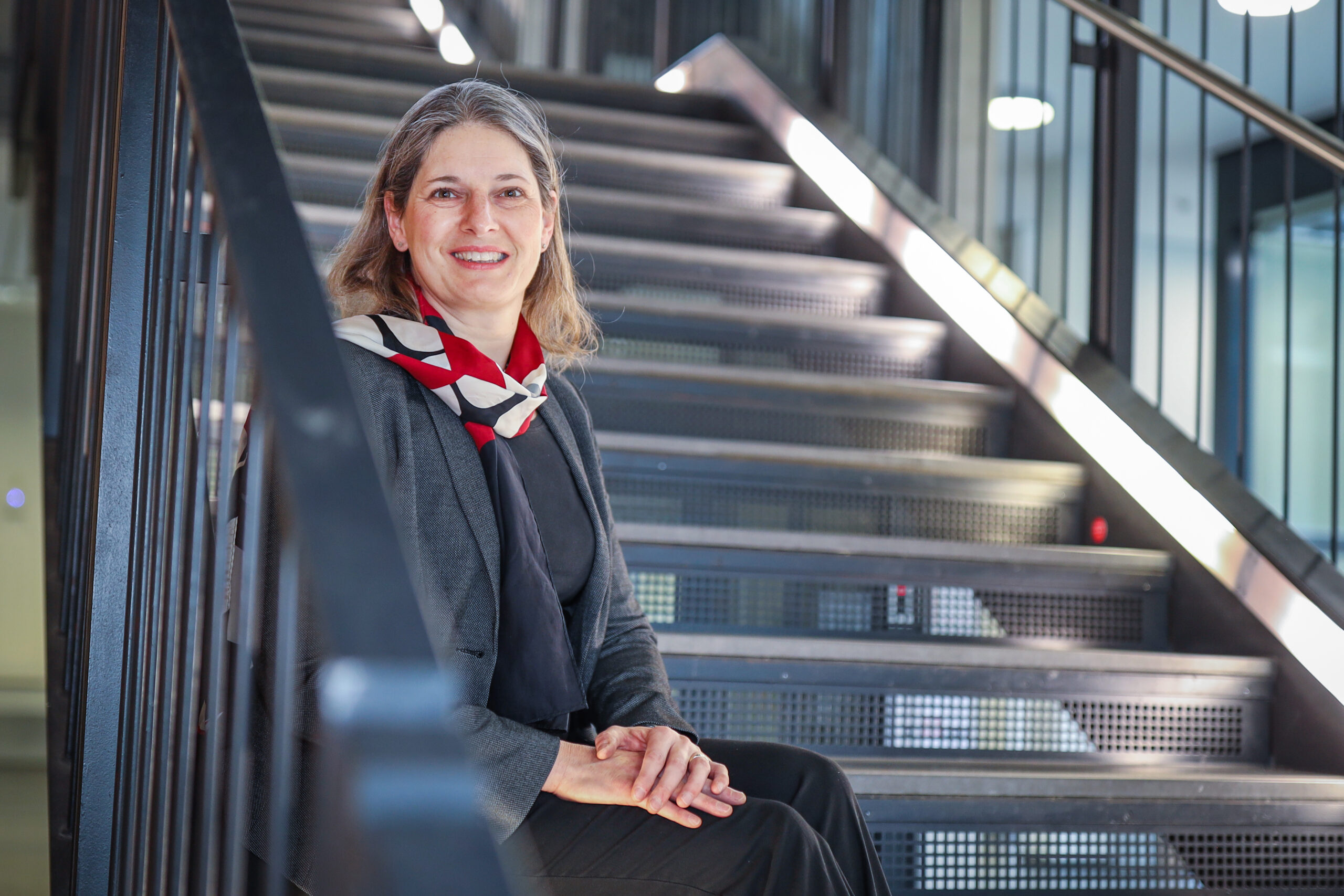
© Bielefeld University/Sarah Jonek
Why are you focusing particularly on smart assistance systems in healthcare and in workplaces in industry?
In both applied fields, people interact with smart socio-technical systems over a longer period of time. As a result, effects of the entire life cycle become visible. At the same time, the two fields differ in terms of how well developed they are: in healthcare, AI systems are only just beginning to be introduced, whereas in industrial workplaces, they have already been in use for a long time. This allows us to examine very different challenges. An important question in relation to industry is, for example, how can AI systems adapt flexibly to changing needs—such as when a company wants to customize its products more strongly? AI models must then continue to function reliably on the basis of less and changing data. In the healthcare sector, the challenge lies above all in the fact that smart assistance systems may work well in the laboratory but not consistently in real-life applications—as in the case of the nursing bed with speech recognition.
SAIL is funded by the state of NRW through a programme in its ‘networking’ area. Why is networking important in AI research?
Smart systems will increasingly change our society, and that’s why we need to think about how to make them sustainable and safe. SAIL can make a contribution to this. However, the problems can be solved only by taking an interdisciplinary approach. The scientists cooperating in our research network come from very different disciplines ranging from computer science and engineering to psychology and linguistics. We combine the expertise of Bielefeld University and Paderborn University as well as that of the Bielefeld University of Applied Sciences and the Ostwestfalen-Lippe University of Applied Sciences. This enables SAIL to contribute to the formation of a long-term specialization in East Westphalia that is relevant for both international research and sustainable innovation.
SAIL started in 2022 and will run until 2026. What are you looking forward to most?
I am looking forward to being part of an interdisciplinary team with proven top researchers that is working on an exciting topic with high social relevance. Another central component of SAIL is the networking of young researchers: doctoral students from different disciplines and universities or universities of applied sciences are forming small teams and working together on developing solutions for AI research. I find it very enriching to work with promising young colleagues.
